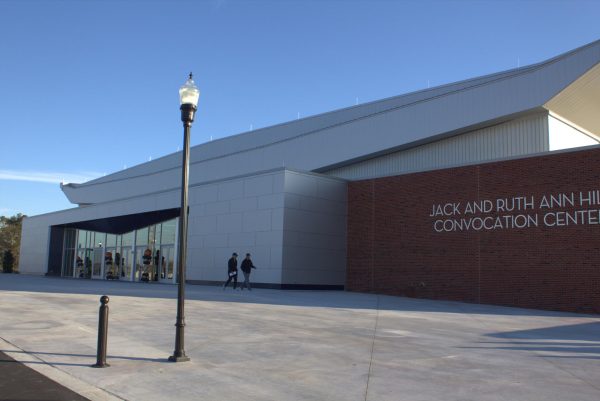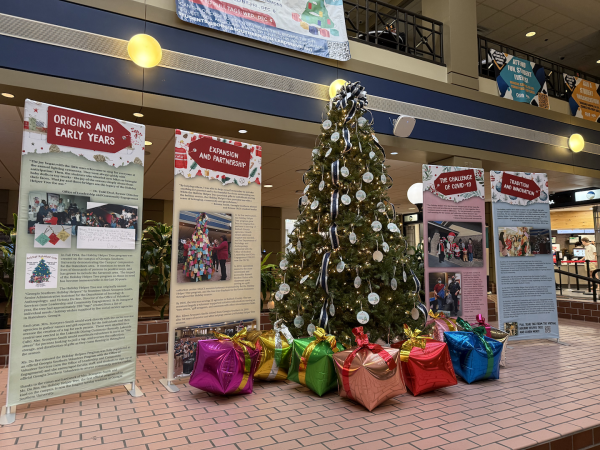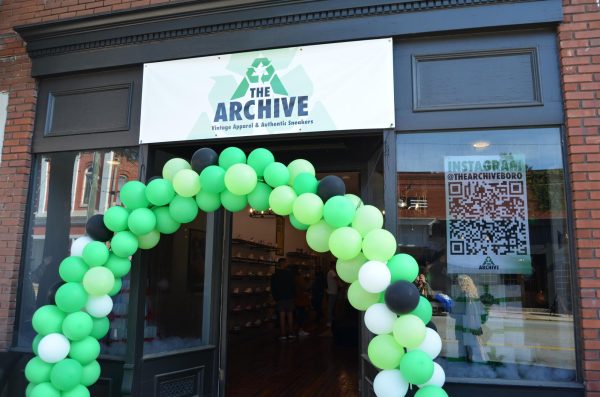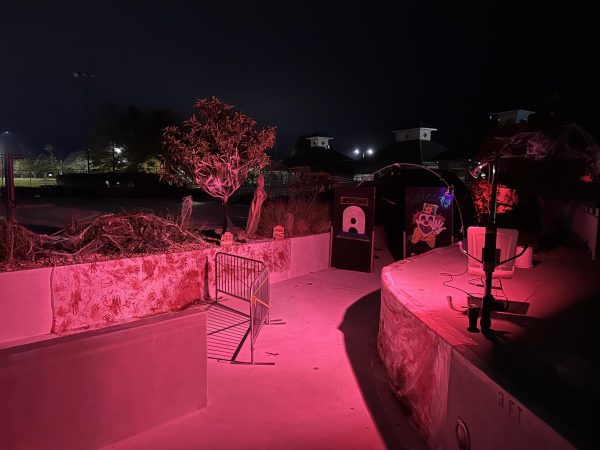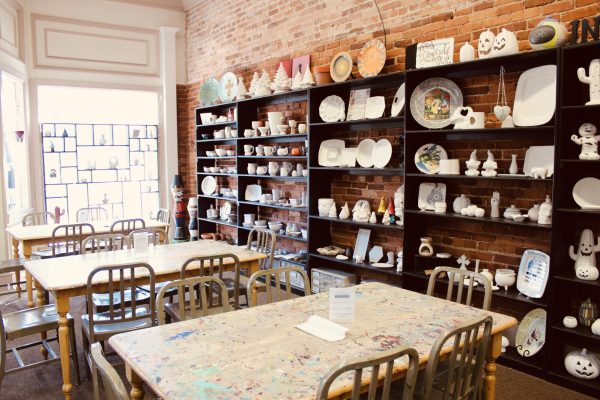What is Climate Change?
and how does it affect us?
The world is changing. According to a recent report from the Intergovernmental Panel on Climate Change(IPCC), a warmer future is nearly locked in. The UN chief declared it as “code red for humanity.” This is all rather doom and gloom, and understandably so, but beyond the dramatic headlines, what does this mean? What does climate change mean for the average person, and how does it affect us beyond just vague notions of it being hotter than usual?
“It depends on where you live,” says Cami Sockow, Sustainability Coordinator for the Office of Leadership and Community Engagement here at Georgia Southern.“If you are living in the Pacific Northwest, you’re seeing a lot of wildfires. If you’re living in Georgia, we are seeing more droughts, longer periods of more intense rain.”
The effects of climate change are both far reaching and incredibly varied based on your local ecosystem. Sockow further elaborated that, “generally speaking, what each region is going to see is more extreme weather,” along with what she calls “weird weather.”
Some examples of this can be seen in the severe winter storms that barraged Texas earlier this year, or also this year, a heat wave boiling thousands of sea creatures alive off the Canadian coast.
As climate change continues, weather will become harder and harder to predict and more extreme. This more extreme weather will also greatly affect agriculture.
Longer droughts and rainy seasons can throw off farmers’ crop plans, and different plants may become harder to grow in some places as the local climate changes. Sockow says, “One effect that I think not a lot of people think about is the effect of marine ecosystems.”
As reduction of dissolved oxygen in water increases, marine life finds it harder to survive. The loss of which would impact fisheries, and the production of seafood in general. The possibility of food shortages remaining ever present.
“Another thing we have to think about in a global context is climate refugees,” says Sockow. Climate refugees are people who are leaving their home countries due to lack of food or loss of resources due to climate change.
These losses tend to more often affect countries of the Global South, and result in these refugees coming to the Global North. We also see the effects of poverty in Global North countries like the US.
Low income families or homeless people are hit particularly hard by heat waves in cities, as they may be unable to afford or find an air conditioned shelter. The elderly are also at high risk when faced with rapid temperature changes.
The winter storms that hit Texas this year were particularly devastating to those who couldn’t afford heating and those who couldn’t afford to lose it. In the face of recent events, our government has been moving forward on plans to address the issue of climate change.
However, we remain divided on how exactly we face climate change. Sockow explains that, “there’s two different conversations going on about mitigation, which is fighting climate change, but then adaptation.
How do we adapt to climate change?” The damage has been done. Change is coming. We can still mitigate some of it, but we must also prepare to live with these changes. So when facing all of this, what can the average person really do?
“The first thing I think is believing that you’re meant to be part of the conversation,” says Sockow. Climate change will affect you. Its impact will be felt in every place, every possible career, nearly every aspect of your life.
You have a right to a voice in this conversation. This is an issue worth talking about and discussing with others no matter what side of the political aisle you reside on. We know that climate change is an issue, what we need to talk about are the solutions.
A solution Sockow recommends for someone to do individually is to find ways to reduce personal food waste. Whether it be by composting your food, reusing scraps or leftovers, or avoiding buying more than you can eat, reducing your food waste reduces your methane emissions, which are much more potent than carbon emissions.
However, at the end of the day there is only so much that can be done individually. “Get involved and pressure your local governments,” says Sockow. “We need action from individuals, we also need action from governments, we also need action from corporations.” We need to all be in this together. No one person can tackle this on their own, this is a community effort.
We have been raised on this idea of hyper individualism that we must learn to let go of in times of need for the sake of a better future. Sockow best described it as “It’s actually not about me, it’s about me and you, and my colleague next to me.”
In spite of all of the doom and gloom, remember that you have a voice. Your voice alone may not be loud enough to change things, but your voice speaking in unison with hundreds of thousands of others cannot be ignored.
Working with each other is the key to our future. If you’re interested in joining the conversation, especially locally, Sustain Southern is holding a lunch and learn on September 7th from 12:00PM to 1:00PM.
They will be revealing their climate action plan and working to educate students on climate change. If you are interested in seeing what the university is doing to combat the effects of climate change, registration is now open on their website: georgiasouthern.edu/sustainability. Educate yourself and others for the future.
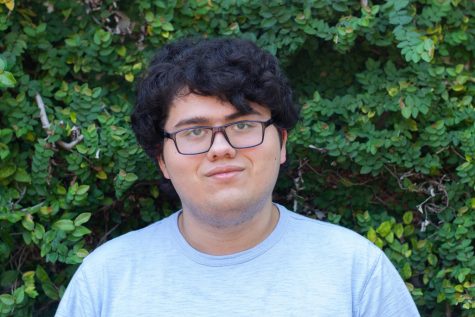
Jacob Smith is a Culture Reporter for the Reflector, the George-Anne’s lifestyle magazine and features division. Born in Miami, FL, residing in Rincon,...



